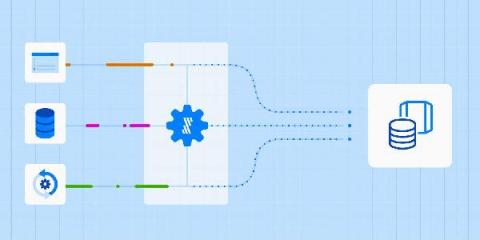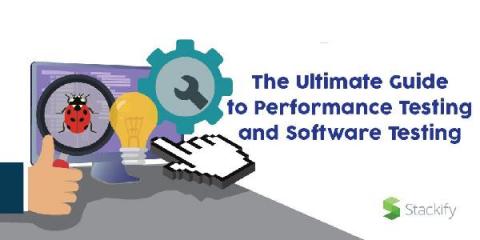The rise of analytics-first software
We've moved from desktop to SaaS, to a real UX focus. Now we're seeing new vendors that are analytics-first. They’re creating new applications that are challenging the established players. Historically, applications were transaction-first; you build your software thinking about your workflow or the transactions that you want people to do.











